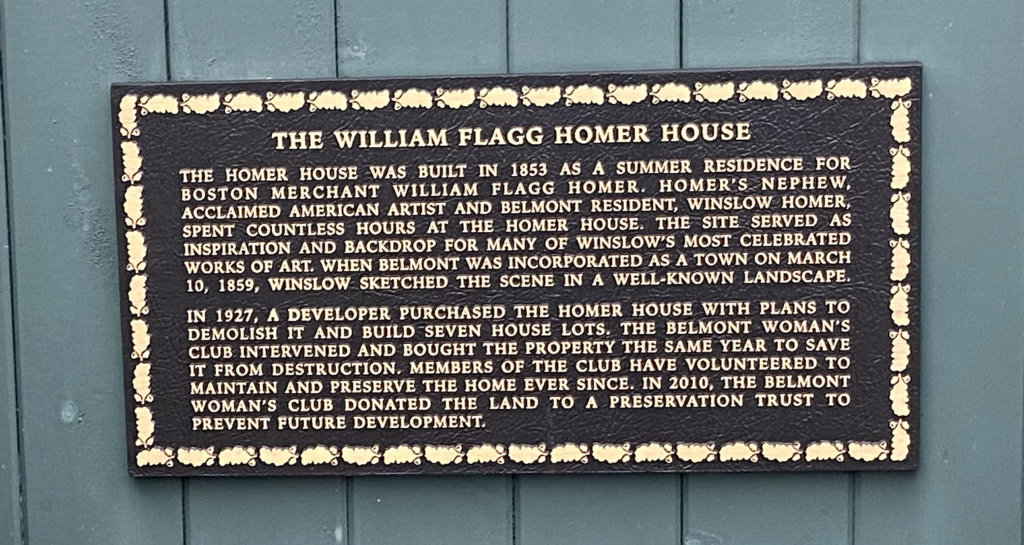Photo: Meg Moriarty and Matt Kraft
It’s now three candidates seeking two open seats on the Belmont School Committee in the annual Town Election as the incumbent chair of the committee and a prominent professor in education submitted the necessary papers to the Town Clerk this past week.
Meg Moriarty is seeking a second three-year term on the board. While in her initial stint on the board, Moriarty has been chair since April 2022, garnering praise from her colleagues on her leadership and collaborative skills when negotiating educators and staff contracts, navigating the district through two budget cycles, managed the transfer to the committee of the new Belmont Middle and High School and helping in the hiring of Dr. Jill Geiser as Superintendent of Belmont School District.
The mother of two who attend Belmont Public Schools, Moriarty runs MegMor Research and Evaluation which helps organizations assess the impact of Science Technology Engineering & Math (STEM) programming. The Precinct 2 Town Meeting Member matriculated at Brown and earned her master’s and doctorate in education (science education) from Boston University.
Newcomer Matt Kraft enters the Belmont political scene from academia as a leading scholar in education economics. The St. Louis native is an associate Professor of Education and Economics at Brown University with a focus on efforts to improve educator and organizational effectiveness in public schools. He is also a research associate at the National Bureau of Economic Research.
“I care deeply about Belmont public schools because my two children will be in the [Belmont schools] for the next decade,” Kraft said. The schools are at the heart of the town and I am excited tp serve and add a voice that brings experience and knowledge to addressing the challenges we face
Kraft received his B.A. from Stanford while earning a M.A. and doctorate from Harvard. Kraft taught 8th grade English as a long-term substitute teacher in Oakland, CA, while receiving his M.A. than teaching 9th grade humanities at Berkeley High School.
Moriarty and Kraft will join Emerson student Angus Abercrombie on the ballot for the annual Town Election being held on April 2.


